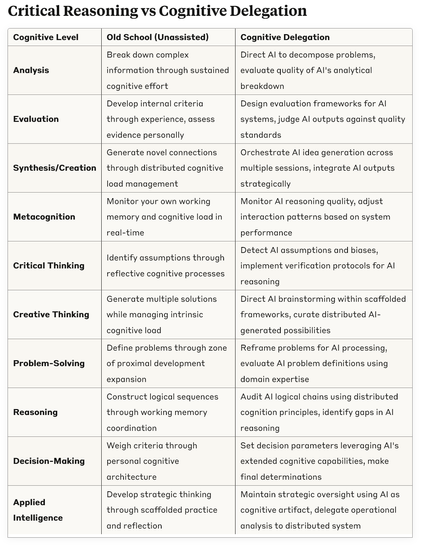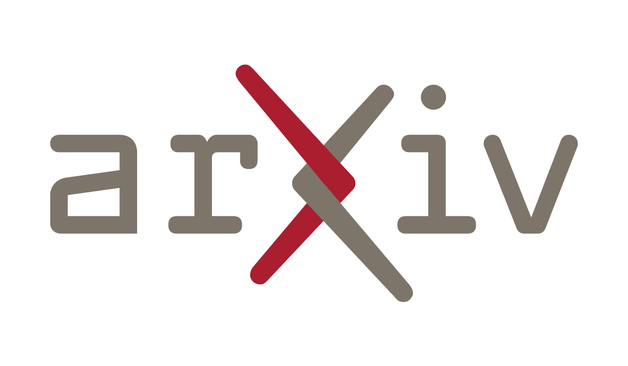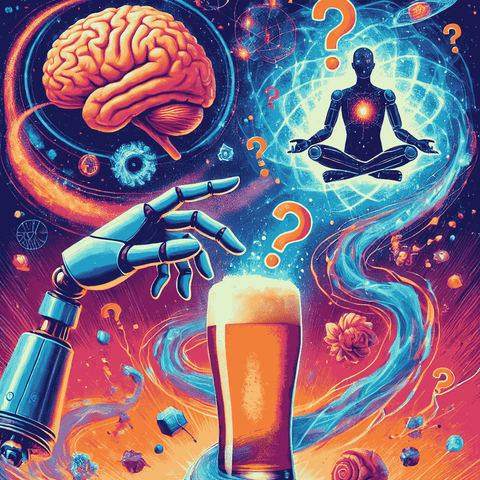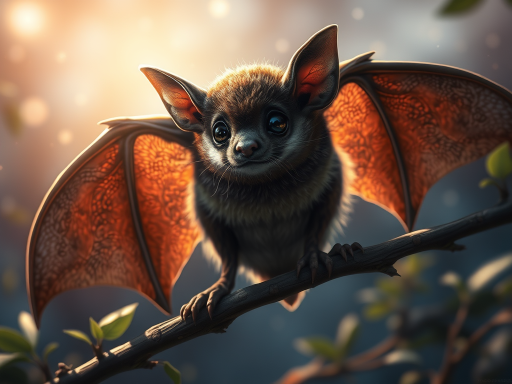What is it like to be you?
In 1974, in a landmark paper, Thomas Nagel asks what it’s like to be a bat. He argues that we can never know. I’ve expressed my skepticism about the phrase “what it’s like” or “something it is like” before, and that skepticism still stands. I think a lot of people nod at it, seeing it as self explanatory, while holding disparate views about what it actually means.
As a functionalist and physicalist, I don’t think there are any barriers in principle to us learning about the experience of bats. So in that sense, I think Nagel was wrong. But he was right in a different sense. We can never have the experience of being a bat.
We might imagine hooking up our brain to a bat’s and doing some kind of mind meld, but the best we could ever hope for would be to have the experience of a combined person and bat. Even if we somehow transformed ourselves into a bat, we would then just be a bat, with no memory of our human desire to have a bat’s experience. We can’t take on a bat’s experience, with all its unique capabilities and limitations, while remaining us.
But the situation is even more difficult than that. The engineers hooking up our brain to a bat’s would have to make a lot of implementation decisions. What parts of the bat’s brain are connected to what parts of ours? Is any translation in the signaling necessary? What if several approaches are possible to give us the impression of accessing the bat’s brain? Is there any fact of the matter on which would be “the right one”?
Ultimately the connection between our brain and the bats would be a communication mechanism. We could never bypass that mechanism to get to the “real experience” of the bat, just as we can never bypass the communication we receive from each other when we discuss our mental states.
Getting back to possible meanings of WIL (what it’s like), Nagel makes an interesting clarification in his 1974 paper (emphasis added):
But fundamentally an organism has conscious mental states if and only if there is something that it is to be that organism—something it is like for the organism.
This seems like a crucial stipulation. It is like something to be a rock. It’s like other rocks, particularly of the same type. But it’s not like anything for the rock. (At least for those of us who aren’t panpsychists.) This implies an assumption of some degree of metacognition, of introspection, of self reflection. The rock has overall-WIL, but no reflective-WIL.
Are we sure bats have reflective-WIL? Maybe it isn’t like anything to be a bat for the bat itself.
There is evidence for metacognition in mammals and birds, including rats. The evidence is limited and subject to alternate interpretations. Do these animals display uncertainty because they understand how limited their knowledge is? Or because they’re just uncertain? The evidence seems more conclusive in primates, mainly because the tests can be sophisticated enough to more thoroughly isolate metacognitive abilities.
It seems reasonable to conclude that if bats (flying rats) do have metacognition, it’s much more limited than what exists in primates, much less humans. Still, that would give them reflective-WIL. It seems like their reflective-WIL would be a tiny subset of their overall-WIL, perhaps a very fragmented one.
Strangely enough, in the scenario where we connected our brain to a bat’s, it might actually allow us to experience more of their overall-WIL than what they themselves are capable of. Yes, it would be subject to the limitations I discussed above. But then a bat’s access to its overall-WIL would be subject to similar implementation limitations, just with the “decisions” made by evolution rather than engineers.
These mechanisms would have evolved, not to provide the bat with the most complete picture of its overall-WIL, but with whatever enhances its survival and genetic legacy. Maybe it needs to be able to judge how good its echolocation image is for particular terrain before deciding to fly in that direction. That assessment needs to be accurate enough to make sure it doesn’t fly into a wall or other hazards, but not enough to give it an accurate model of its own mental operations.
Just like in the case of the brain link, bats have no way to bypass the mechanisms that provide their limited reflective-WIL. The parts of their brain that process reflective-WIL would be all they know of their overall-WIL. At least unless we imagine that bats have some special non-physical acquaintance with their overall-WIL. But on what grounds should we assume that?
We could try taking the brain interface discussed above and looping it back to the bat. Maybe we could use it to expand their self reflection, by reflecting the brain interface signal back to them. Of course, their brain wouldn’t have evolved to handle the extra information, so it likely wouldn’t be effective unless we gave them additional enhancements. But now we’re talking about upgrading the bat’s intelligence, “uplifting” them to use David Brin’s term.
What about us? Our introspective abilities are much more developed than anything a bat might have. It’s much more comprehensive and recursive, in the sense that we not only can think about our thinking, but think about the thinking about our thinking. And if you understood the previous sentence, then you can think about your thinking of your thinking of….well, hopefully you get the picture.
Still, if our ability to reflect is also composed of mechanisms, then we’re subject to the same “implementation decisions” evolution had to make as our introspection evolved, some of which were likely inherited from our rat-like ancestors. In other words, we have good reason to view it as something that evolved to be effective rather than necessarily accurate, mechanisms we are no more able to bypass than the bat can for theirs.
Put another way, our reflective-WIL is also a small subset of our overall-WIL. Aside from what third person observation can tell us, all we know about overall-WIL is what gets revealed in reflective-WIL.
Of course, many people assume that now we’re definitely talking about something non-physical, something that allows us to have more direct access to our overall-WIL, that our reflective-WIL accurately reflects at least some portion of our overall-WIL. But again, on what basis would we make that assumption? Because reflective-WIL seems like the whole show? How would we expect it to be different if it weren’t the whole show?
Put yet another way, the limitation Nagel identifies in our ability to access a bat’s experience seems similar to the limitation we have accessing our own. Any difference seems like just a matter of degree.
What do you think? Are there reasons to think our access to our own states is more reliable than I’m seeing here? Aside from third party observation, how can we test that reliability?
#Consciousness #introspection #metacognition #phenomenalConsciousness #Philosophy #PhilosophyOfMind





